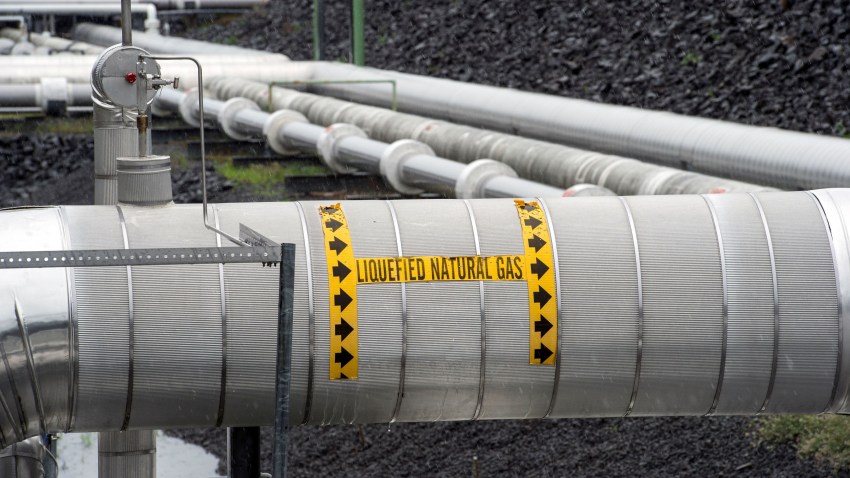This past June marked a milestone in trans-Atlantic energy relations: For the first time, the European Union bought more natural gas from the United States than from Russia.
In some ways, this was a positive development for both the EU and the United States. Washington has long wanted Europeans to reduce their reliance on Russian pipeline gas. As far back as the 1980s, the U.S. tried to prevent the construction of the Brotherhood pipeline. More recently, under the previous and current presidential administrations, the White House opposed the Nord Stream 2 pipeline linking Russia and Germany under the Baltic Sea, before the completed project was ultimately suspended in the aftermath of Russia’s invasion of Ukraine.
For their part, U.S. energy companies have long sought expanded access to the large and lucrative European energy market. And while Europe obviously didn’t want to be forced into realigning its energy imports by a military invasion of Ukraine, it was fortunate to have the option of increasing gas supplies from a friendly nation at a time of crisis.

